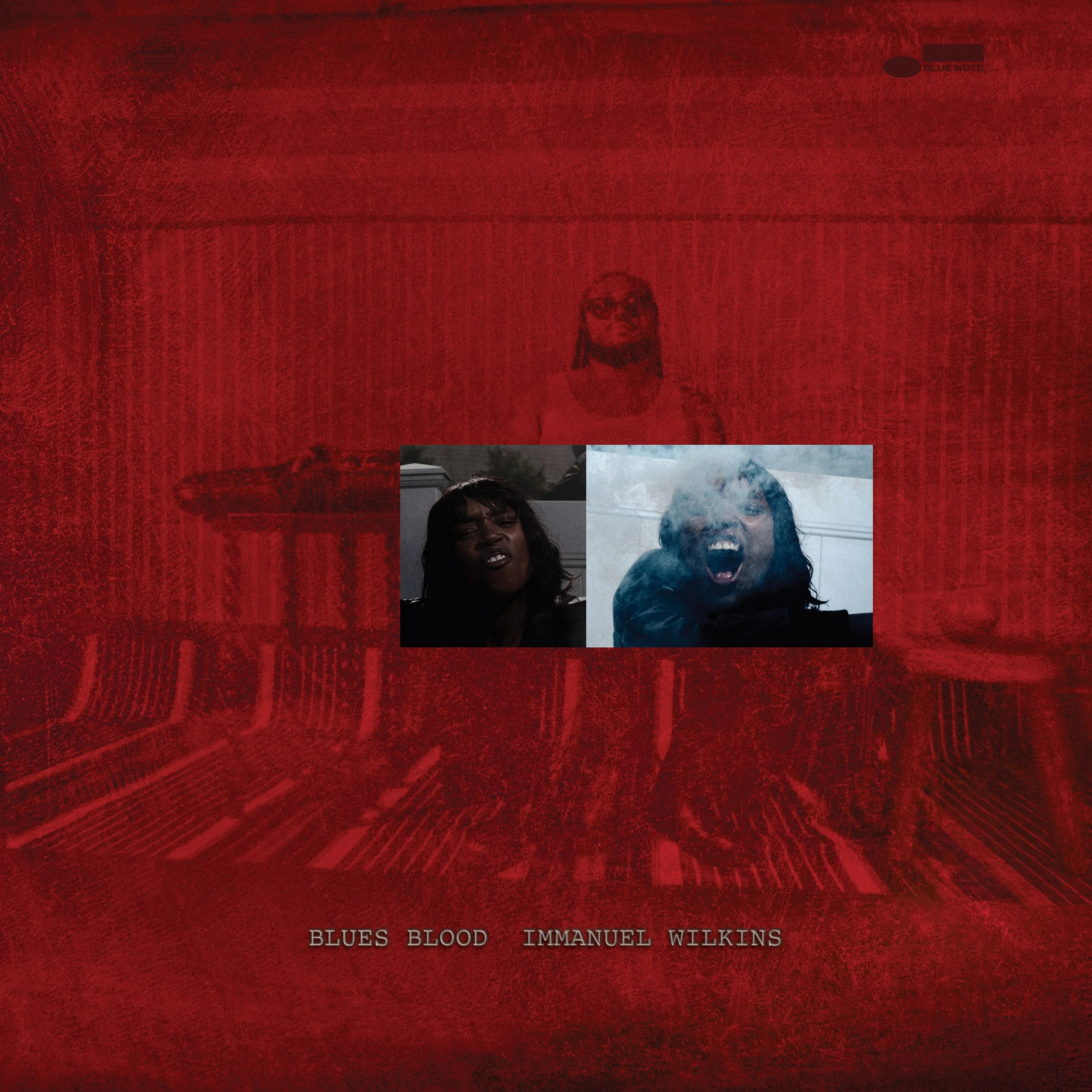Blues Blood
Immanuel Wilkins’ third album, Blues Blood, isn’t just another jazz record; it’s a powerful statement. The title comes from Daniel Hamm, one of the Harlem Six, who were wrongfully accused of murder in 1964 and brutally beaten in jail. Wilkins uses this album to highlight ongoing issues of racism and violence, and it’s co-produced with Meshell Ndegeocello. His usual crew—pianist Micah Thomas, bassist Rick Rosato, and drummer Kweku Sumbry—are joined by guests like Chris Dave, guitarist Marvin Sewell, and vocalists Ganavya, June McDoom, and Yaw Agyeman. Plus, Cecile McLorin Salvant shows up on the single "Dark Eyes Smile," and for the first time, Wilkins incorporates minimal electronics, adding a fresh vibe.
The album kicks off with “Matte Glaze,” co-written with Theaster Gates. It starts soft with mellow piano chords, then builds into a smooth mix of vocals, a groovy bassline, and Wilkins' buoyant alto sax—blending post-bop and gospel effortlessly. “Motion,” written by June McDoom, showcases her clear voice while the band weaves through modern jazz and avant-pop, with Rosato and Sumbry trading rhythmic lines. In “Everything,” Ganavya’s vocals blend with spoken word from Esi Sumbry, and when Ganavya sings in Tamil, it adds a deeply intimate touch.
“Dark Eyes Smile” features Cecile McLorin Salvant and starts moody but opens up beautifully with bird sounds and lush synths. “Afterlife Residence Time” is a standout, bringing all the vocalists and Sewell on guitar together. It starts as a mid-tempo ballad but eventually transitions into a wild jam, showcasing the band's chemistry. Then there’s “Moshpit,” a gritty instrumental that feels raw and edgy, almost like something Tom Waits would jam to.
The experimentation continues with "If That Blood Runs Fast," led by Yaw Agyeman. It combines Afro-futurist soul with post-bop in a super abstract way. The album wraps up with the title track, where all the vocalists (except for Salvant) come together, fusing gospel blues with rhythmic jazz.
Overall, Blues Blood is a bold step forward for modern jazz. Wilkins tackles big themes—racism, violence, and class struggles—while pushing the genre into new territories. It’s thoughtful, experimental, and an enjoyable listen, proving Wilkins is ready to redefine jazz for the future while staying connected to its roots.
IMMANUEL WILKINS - BLUES BLOOD
RATING - 8.7/10
FAVORITE TRACKS - ALL
GENRE - Jazz
